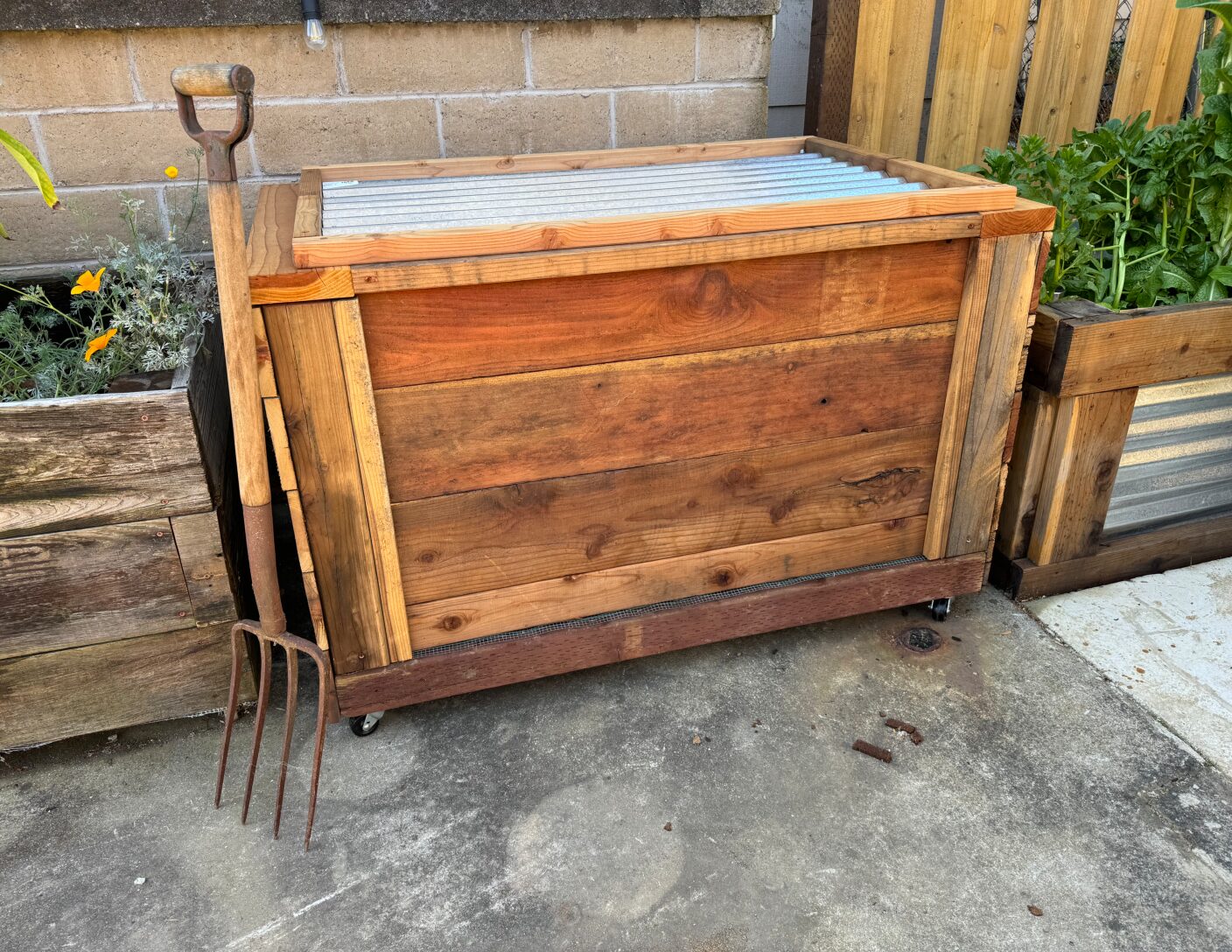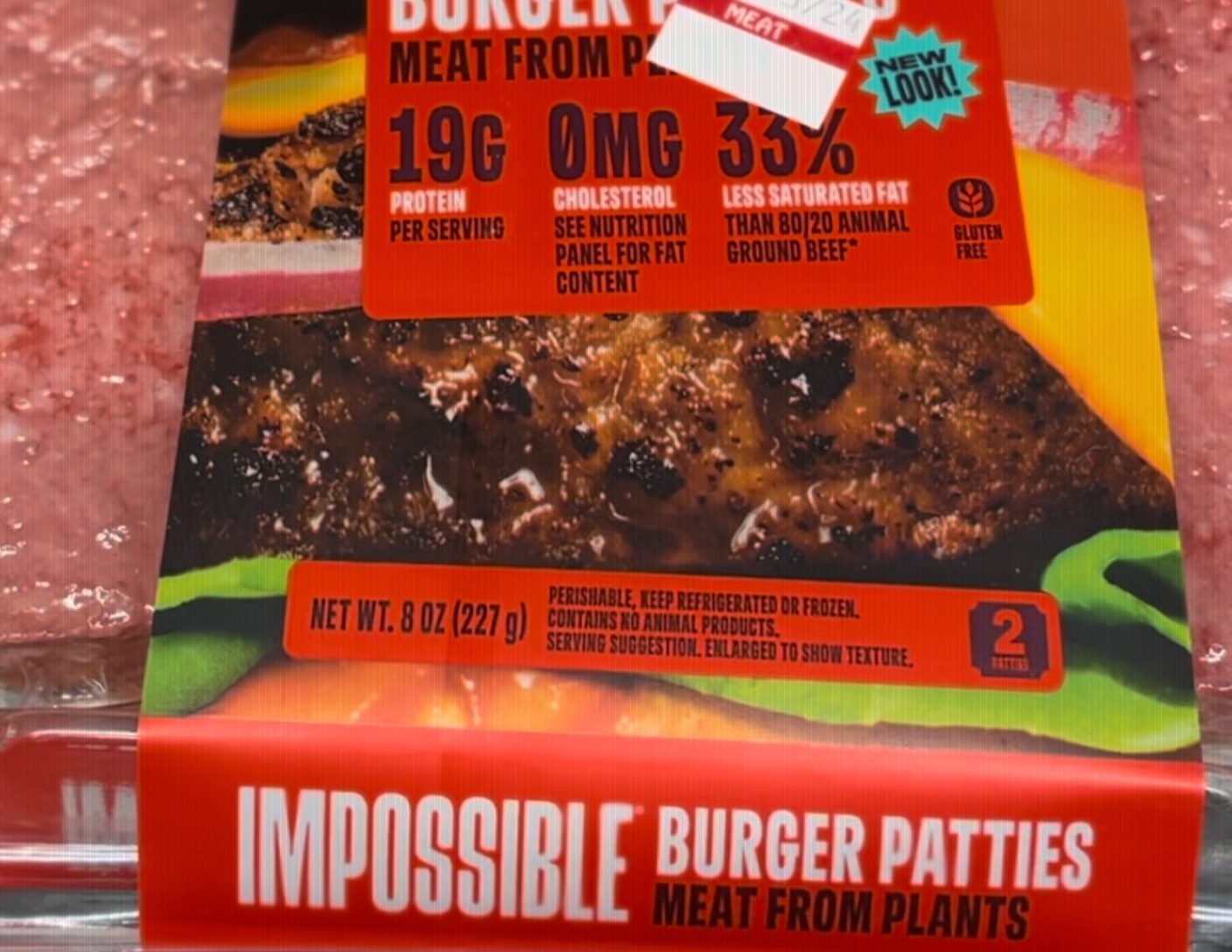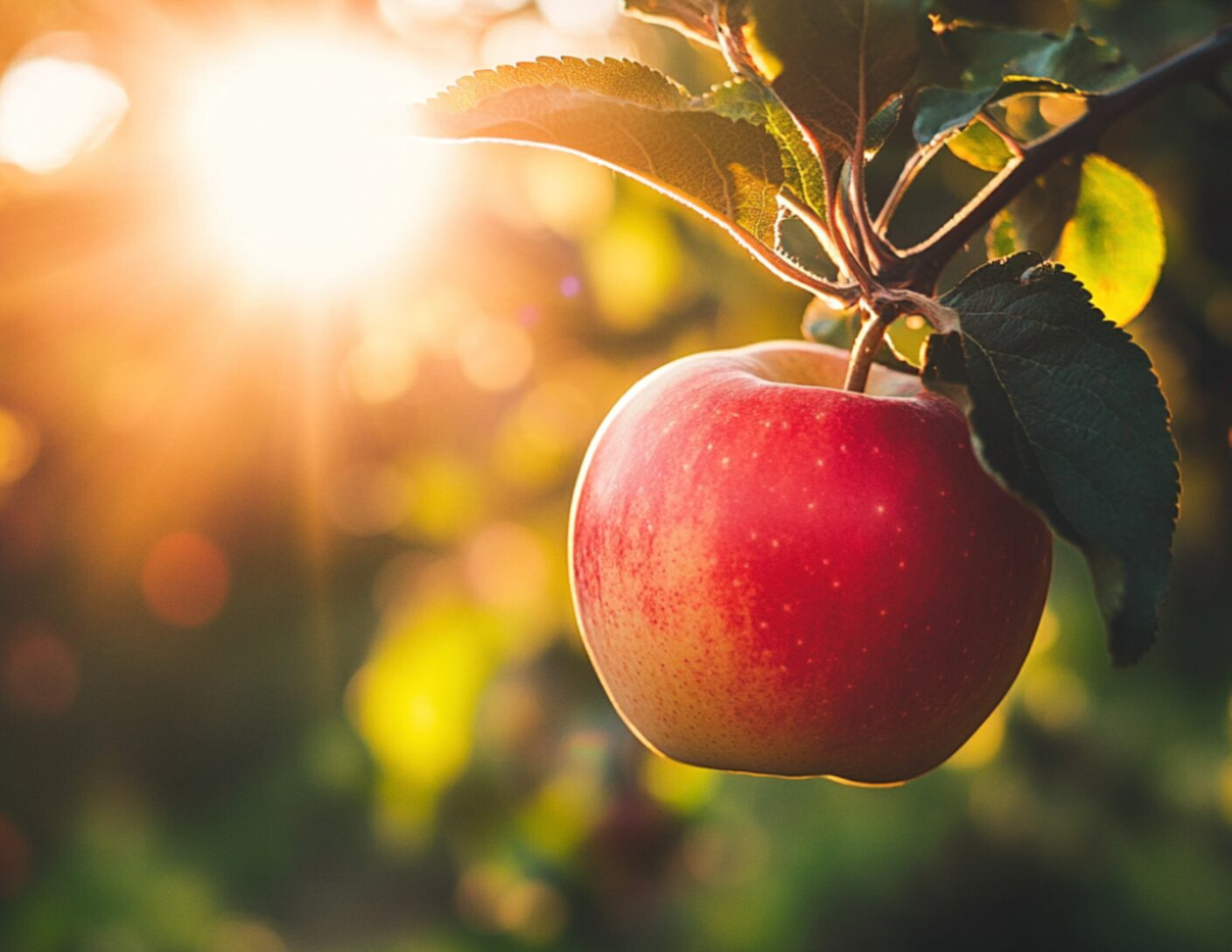What Is Compost?
Composting is the process of engineering organic material decay (food scraps, yard waste, and paper products) into nutrient dense soil amendments called compost. The engine of compost is organic material, and it’s fuel is bacteria, fungus, worms, oxygen, temperature, and water. Once this engine is optimally fueled, the output is dark dense substrate that can be used to improve soil health and overall fertility in gardens.
Why Compost?
- Better Soil For Food & Plant Growth – Compost enriches soil fertility and enhances structure by increasing moisture retention, density, and biodiversity of microbial colonies. The microbes are responsible for the pre-digestion of substrate Into forms more easily used by your garden, while also preventing plant disease.
- Sustainability – Waste reduction is achieved by creating a closed circuit nutrient cycle whereby household waste fuels growth in garden, without the introduction of municipally organized transport and disposal systems.
- Save Money – Creating your own compost replaces the need for purchasing soil or expensive fertilizers.
- Creating Community – The ancient practice of composting should be shared to engender deeper community, while espousing responsible stewardship and ownership of your environment.
How To Compost
Select an area outdoors that is sufficiently close to your kitchen and garden. This area is ideally well ventilated and sunny. Next, create a compost bin. Use wood, wire, or mesh to create a somewhat ventilated box. Choose size in accordance with waste generation from both kitchen and yard. Balance brown (dried leaves, paper type items) with green nitrogen rich (food scraps and yard waste), and always start with a base of brown. Maintenance of compost includes keeping the materials moist but not soggy, aerate by turning over (mixing) and adjust as necessary (add water if too dry, add browns if too wet). Be patient as conditions dictate decay. Readily usable compost can take several months to a year until garden ready.
Best Accessible Items to Compost
- Fruit and Vegetable Scraps – Rich in nutrients and moisture.
- Coffee Grounds & Tea Bags – Adds nitrogen to balance carbon ratio.
- Egg Shells – Provides Calcium that balances PH, while strengthening plant cell walls.
- Grass Clippings & Plant Trimmings – High in nitrogen and breaks down quickly.
- Leaves – Excellent source of carbon and provides compost structure.
- Shredded Paper Or Cardboard – Provides carbon and helps absorb excess moisture.
Microbial Inoculation
Supplement your composting practice by introducing beneficial local microorganisms for a more local and custom product. Exposure of local microbes ensures a more diverse, natural, and resilient soil that is tailored to your environment. Seek and source local soil inoculants and season your compost periodically as needed.
~Complete the cycle; manage your waste, supercharge your garden, and save money.














